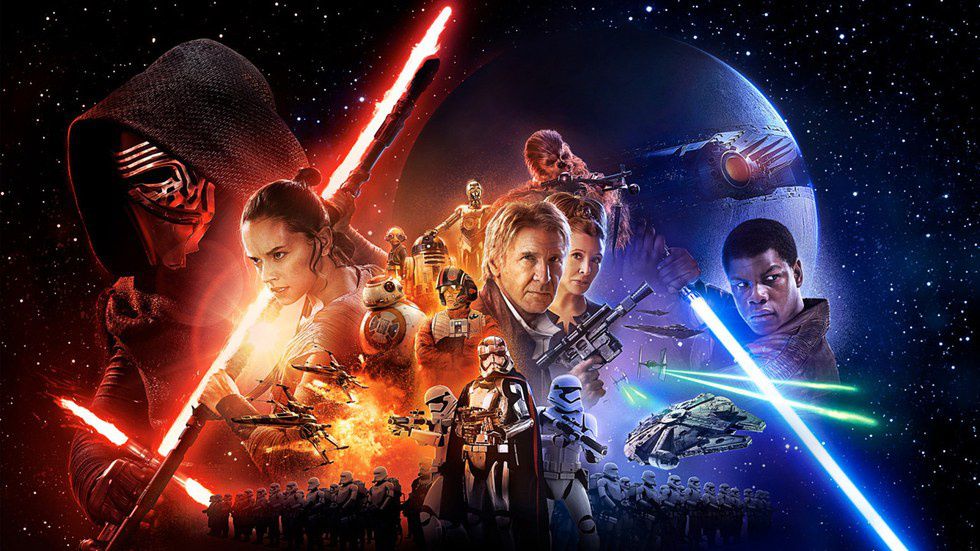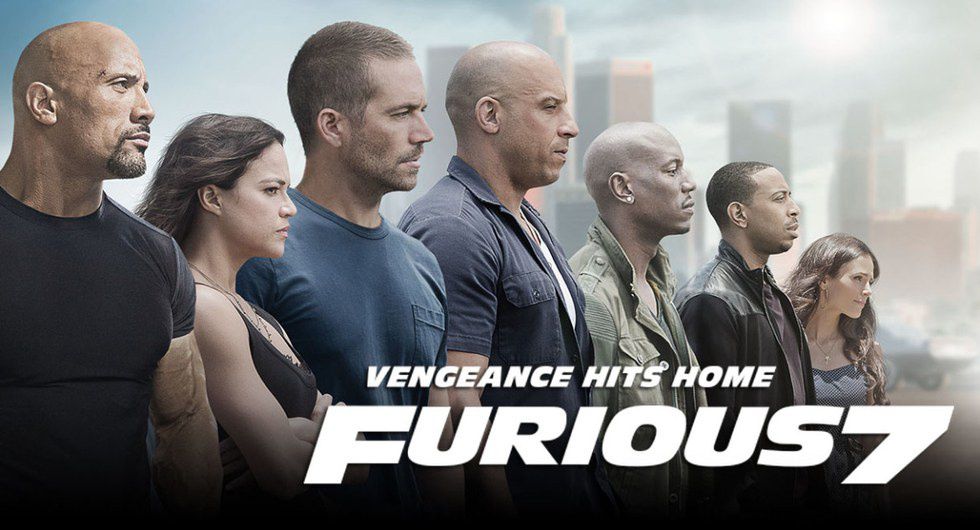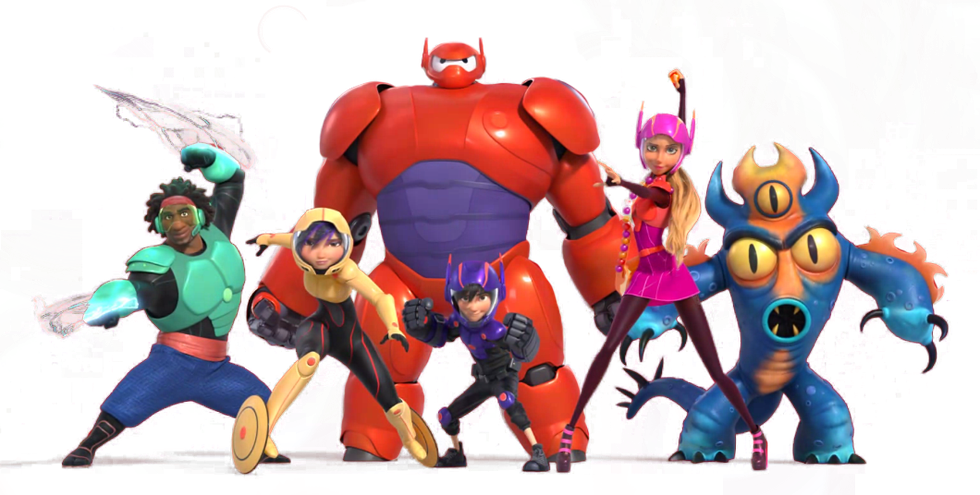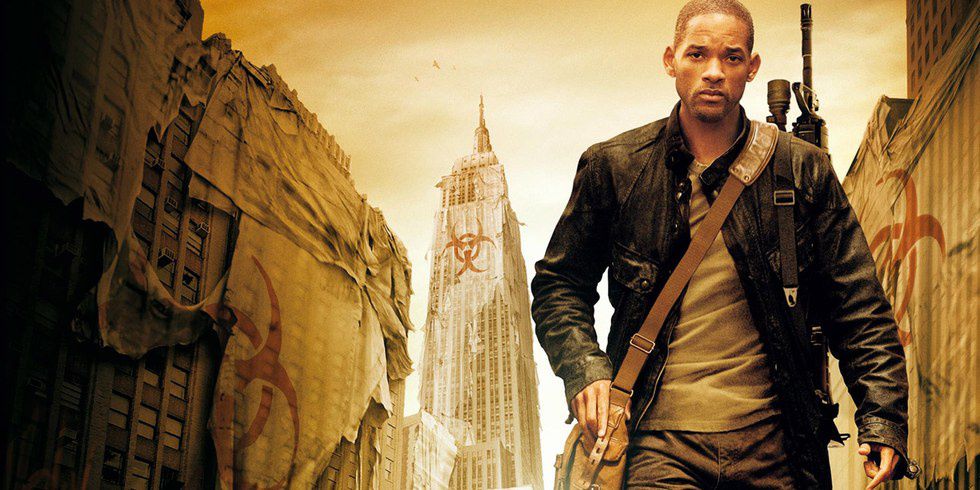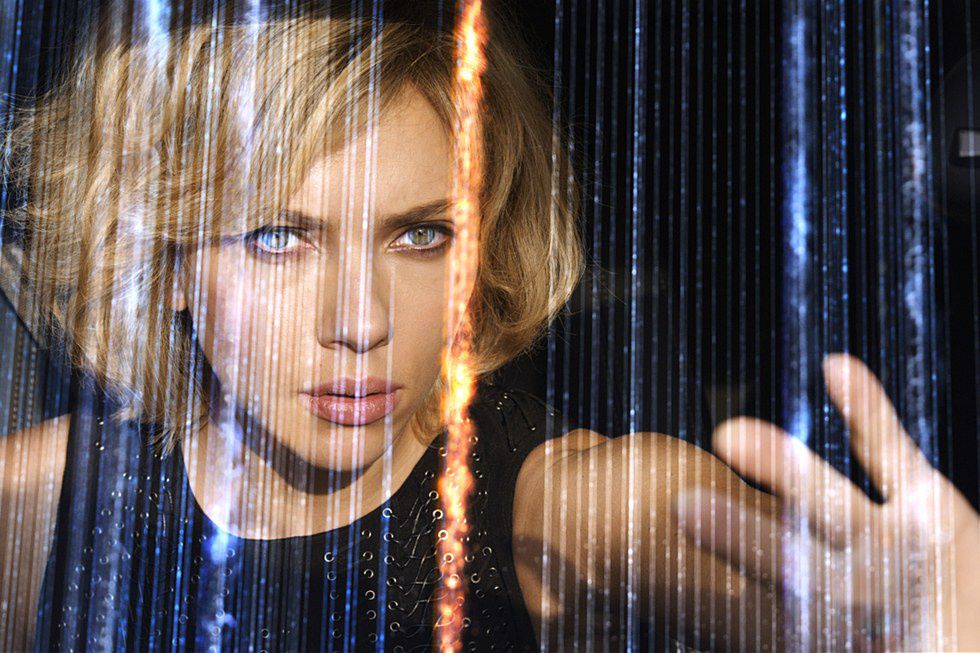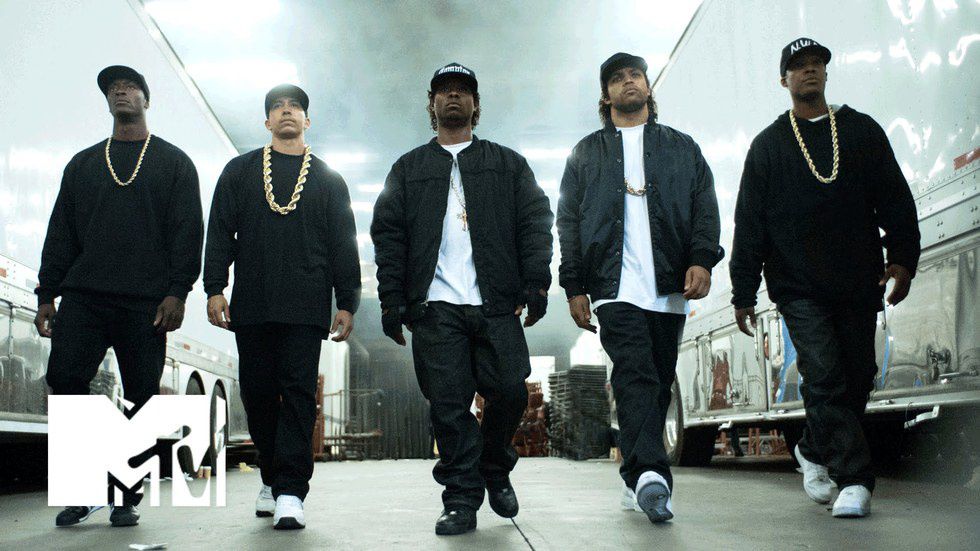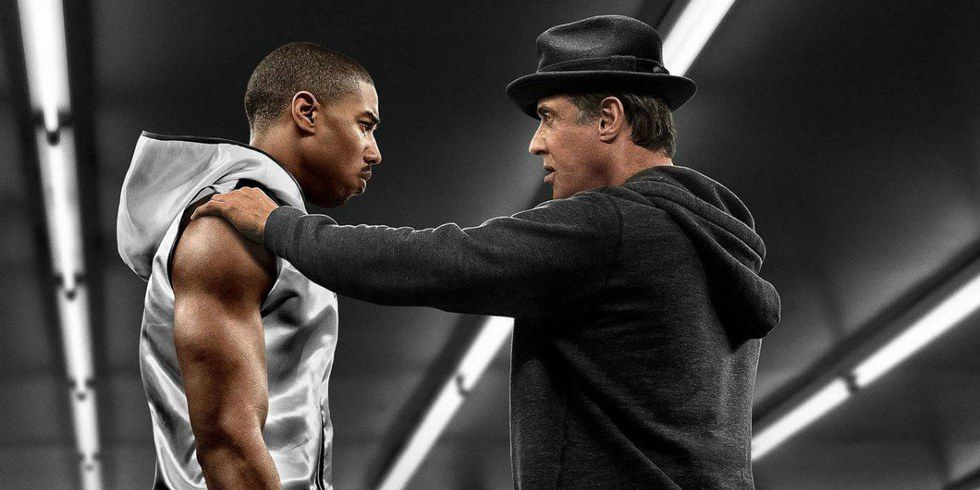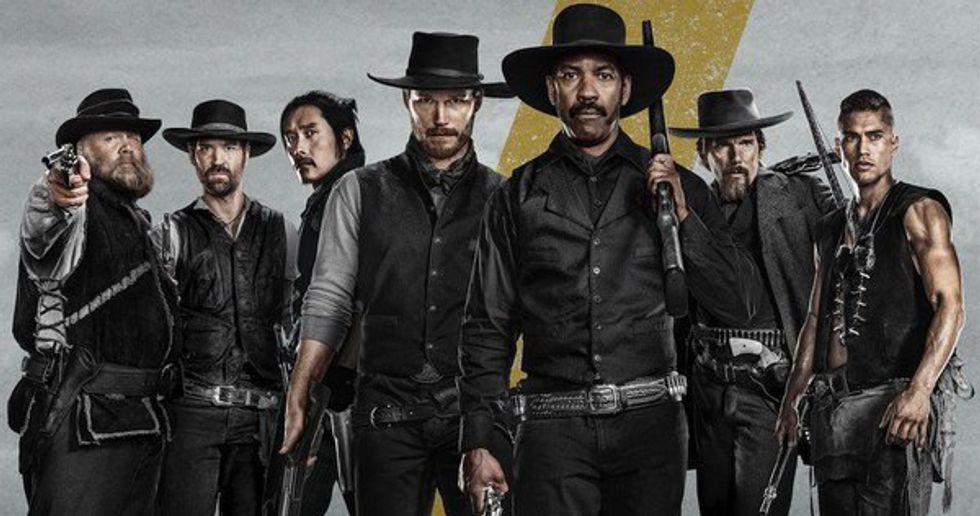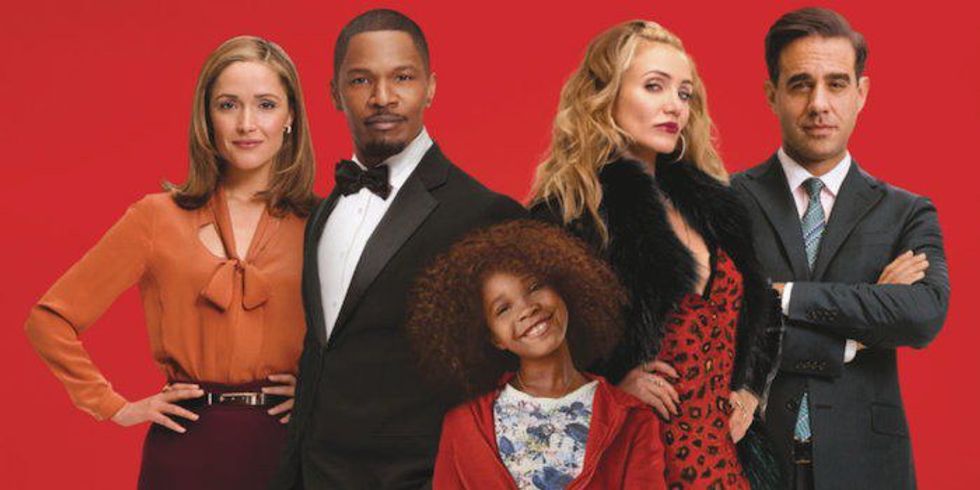This week, Marvel's Doctor Strange is being released in theaters. While many Marvel fans excitedly await another magnificent, action- packed superhero film, others are criticizing the movie's whitewashed roles. Tilda Swinton, a white Scottish women, was cast to play The Ancient One, a character who was originally written as a Tibetan living in the Himalayas. Doctor Strange is only one movie among a growing number of upcoming films being accused of whitewashing, such as Ghost in the Shell's casting of Scarlett Johansson as the lead in an originally Japanese live-action remake. Hollywood has many "justifications" for whitewashing lead roles. One explanation for why white actors are cast instead of minorities is that big-name actors rake in more box-office sales. Filmmakers are not willing to take chances on actors lacking the A-list, international reputation many see as required to make a film successful. Hollywood's reluctance to cast minority actors typically leads to an all-white cast with one or two token minority supporting characters. However, despite their economically-centered reasoning, more studies have proven that films with at least a 50% minority cast make more money. The study found that movies with at least two or three minority actors out of the top eight billed actors were more successful at the box office. Here's a list of nine diverse movies with minority and female leads that were successful despite Hollywood's claims that minority casting hinders box-office sales.
1. The Force Awakens
Box Office: 2.066 Billion
The newest Star Wars movie featured both a strong female lead (Daisy Ridley) and an African American lead (John Boyega), along with a Guatemalan-American actor (Oscar Isaac).
2. Furious 7
Box Office: 1.516 Billion
The 7th installment of the Fast and Furious franchise featured a diverse team that included African American actors (Ludacris, The Rock, Tyrese Gibson), a Korean man (Sung Kang), a Latina women (Michelle Rodriguez), and a Brazilian woman (Jordana Brewster).
3. Big Hero Six
Marvel, take note: Disney's Big Hero Six was the perfect example of a diverse superhero team. The movie had Japanese team leader Hiro, a bad-ass Korean girl named Gogo, Latina character Honey Lemon, and an African American character named Wasabi.
4. I Am Legend
Box Office: 585.3 million
I am Legend cast Will Smith as their lead role, along with his character's daughter, played by his actual daughter Willow Smith.
5. Lucy
Box Office: 463.4 million
The movie stars female lead (Scarlett Johanssen), an African American Professor (Morgan Freeman), an Egyptian actor (Amr Waked), and a Korean actor (Choi Min-sik).
6. Straight Outta Compton
Box Office: 201.6 million
Straight Outta Compton was a biographical movie about gangster rap group N.W.A, featuring a mostly African American cast. The leading roles were played by O'Shea Jackson Jr, Jason Mitchell, Corey Hawkins, Aldis Hodge, and Neil Brown Jr.
7. Creed
Box Office: 173.6 million
Creed featured a largely African American cast, including the lead role played by Michael B. Jordan.
8. The Magnificent Seven
Box Office: 150.3 million
Three of the Magnificent Seven characters were played by actors of color, with African American Denzel Washington as lead, along with Asian Byung-hun Lee, and Mexican Manuel Garcia-Rulfo.
9. Annie
Box Office: 133.8 million
Giving a modern day spin to a classic musical, the 2014 version of Annie featured African American Quvenzhane Wallis and Jamie Foxx as leads in a musical where the characters were classically played by white actors.
With so many successful, minority-lead films, as well as overwhelming evidence that suggests diversity sells, why does Hollywood continue to whitewash films? While on-screen diversity is a largely focused on issue, Hollywood's true problems begin behind the scenes. Studies on Hollywood's diversity problems report that 88% of movie writers and 82% of directors were white. Women only made up 11% of writers and under 2% of directors. Lack of minority representation is obvious when watching a movie, but diversity in the writing room is just as, if not more, important as representation on screen. One report found that when just one woman was part of a film's production, it was more likely to have multiple women onscreen with less sexualization of those characters.
Along with production diversity, minority audiences and ticket sales also have a large sway regarding what we see on screen. Minority audiences bought 46% of tickets. Many small-budget predominately black cast movies, such as War Room and The Perfect Guy, did unexpectedly well at the box office.
As diverse movies continue to perform well, Hollywood is slowly beginning to notice the influence representation has on ticket sales, leaving us hopeful that our media will soon begin to truly represent its multicultural population.




